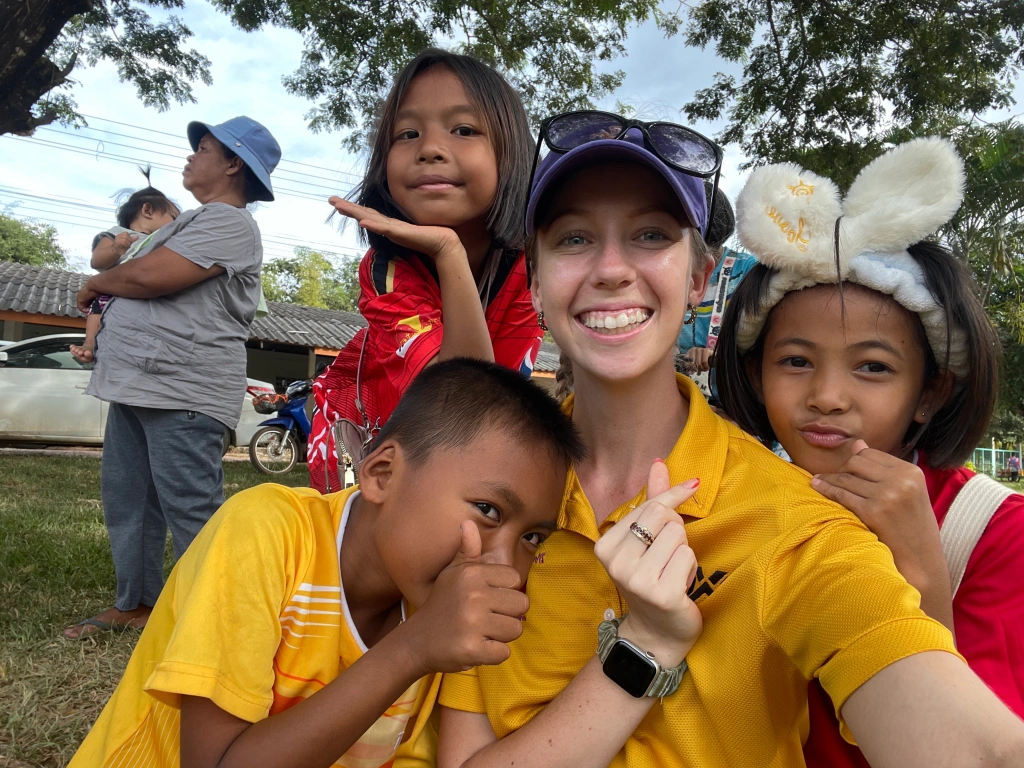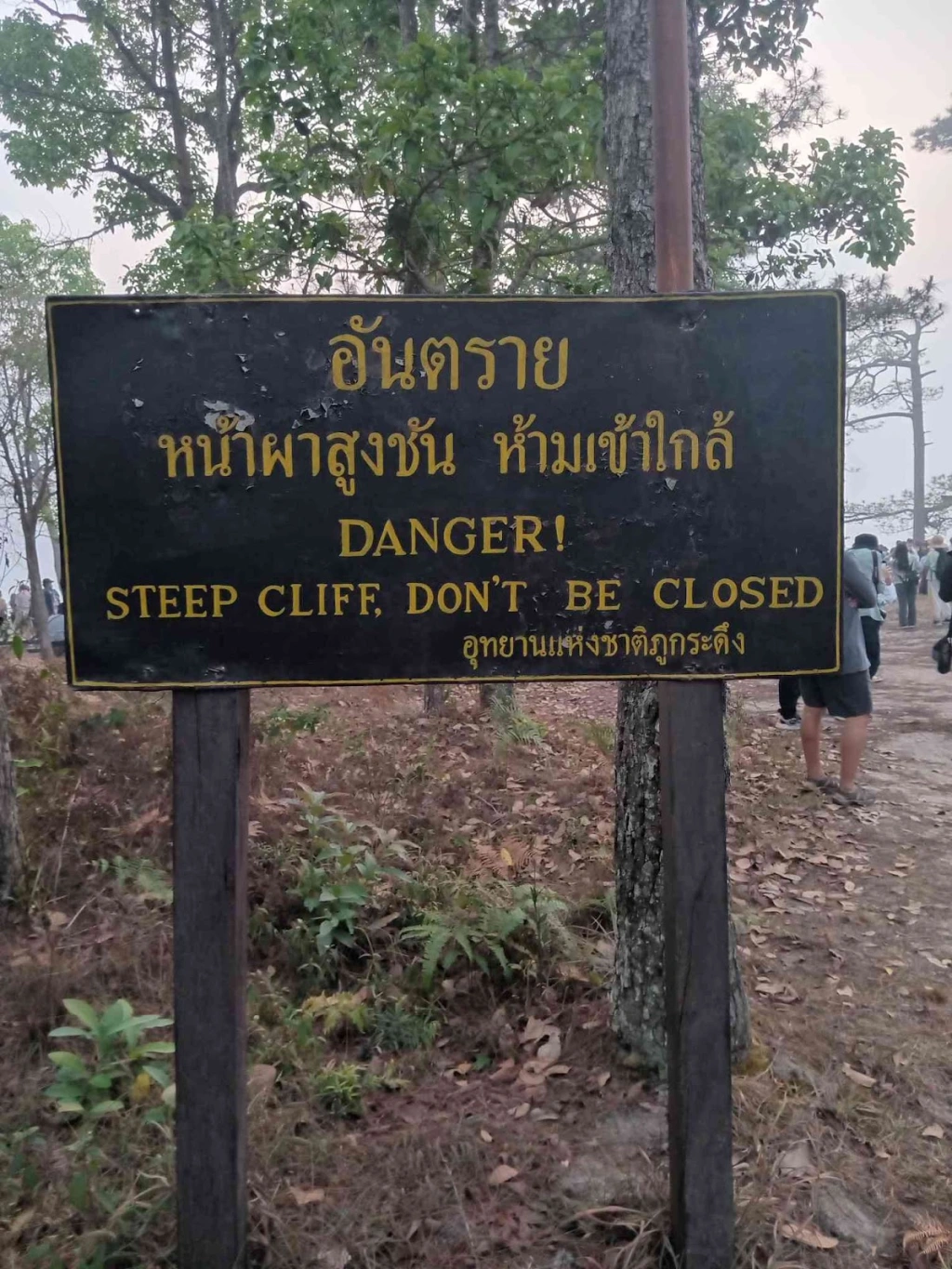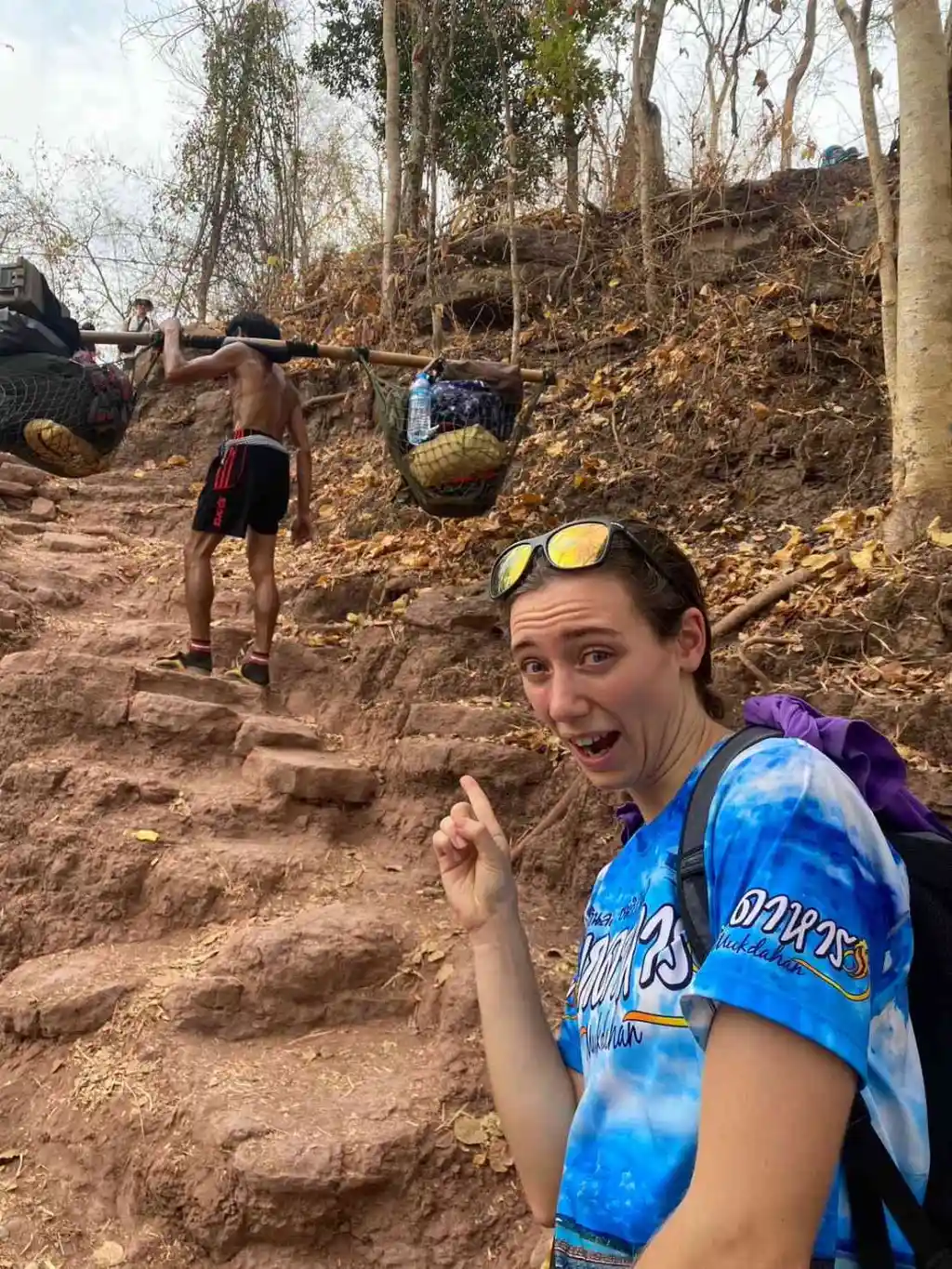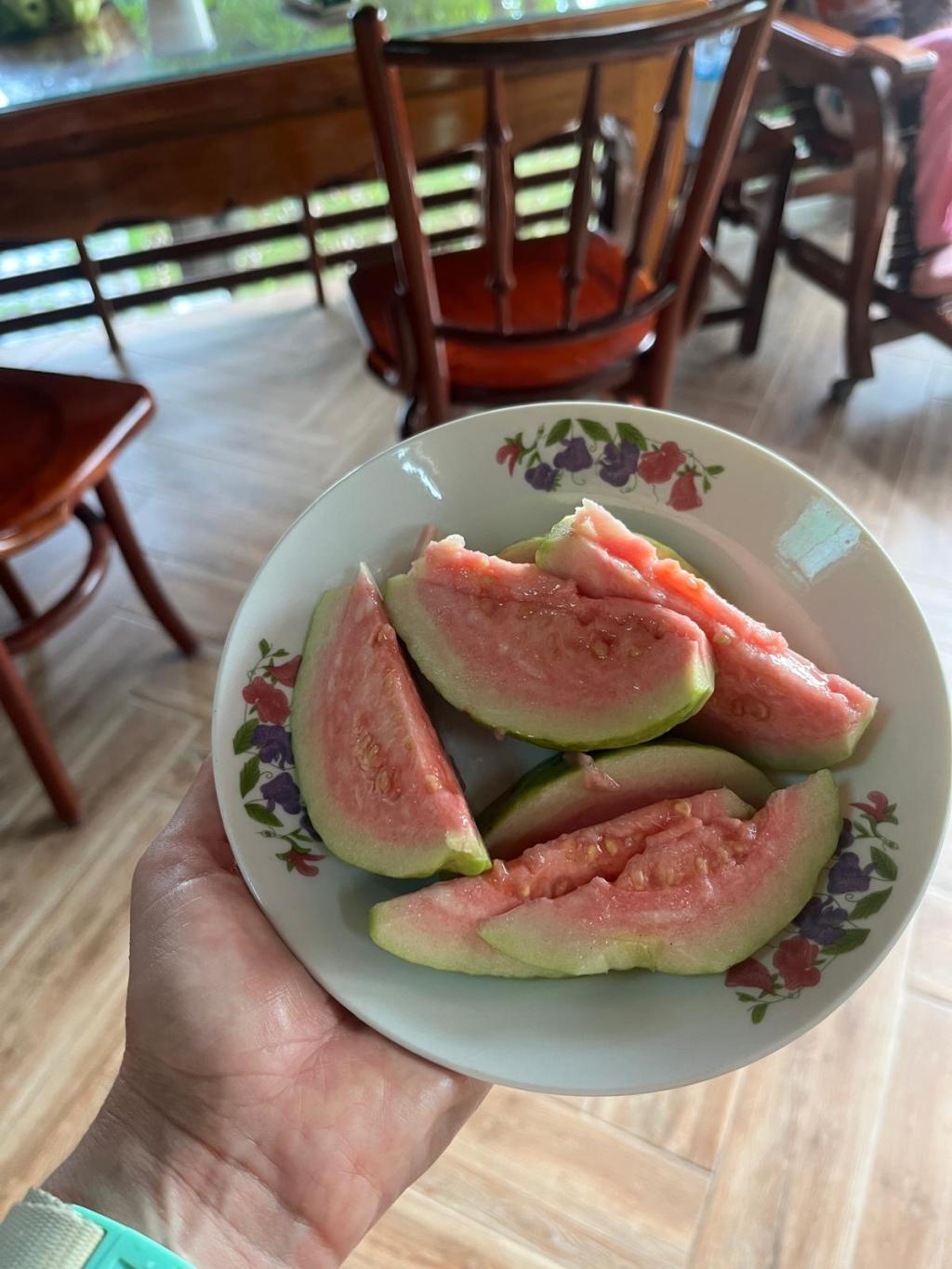
Ruhamaiah Bradley, 130 TESS
From the outside looking in you may not understand it, and from the inside looking out I couldn’t even begin to explain it. The previous is how I often refer to my connection with my sorority and the relationships I have with my sorority sisters — moving forward I will be referring to my sisters as hermanas because that’s what we call each other since my sorority is Latina based. I joined my organization my sophomore year of college and never looked back.

I’ll refrain from getting too sappy and boasting about Greek life but there are many opportunities I have been grateful to receive and the Greek letters I wear across my chest, both literally and figuratively, are one of those. More specifically, I am grateful for the hermandad — sisterhood. I cannot speak for all Greek organizations but from what I have experienced, cultural Greek-lettered organizations — multicultural, historically Latino organizations, and the Divine Nine (historically African American organizations) — have a foundation set on fostering brotherhood/sisterhood and uplifting ourselves and our communities. This bond we have within our respective organizations is the result of connecting, building and working with people who have the same drive, goals and interests as our own. They support and love us unconditionally but also challenge us to be better versions of ourselves.

It’s worth mentioning that at predominantly white institutions cultural Greek-lettered organizations serve as a way for students of color to meet other students like them. To meet students struggling with the same issues they have. Besides being professional in many aspects it serves as a safe space. You could even consider it a seat at the table with your own people. An environment where black and brown bodies can take up space. I considered my experience with my hermandad to be one of kind because I didn’t think it would be possible to forge other bonds that are as meaningful as the ones I have with my hermanas. That is, until I joined the Peace Corps.
If I’m being completely honest, I liken Peace Corps to that of a predominantly white institution. Before my Peace Corps service, I was told by a mentor that Peace Corps is very white. That I will encounter a lot of white Americans and not many people that look like me or who may have shared experiences, and that I should be prepared for that. Essentially, the message was that Peace Corps was not made for brown and black peoples. Although I believe this to be true, I’m grateful for all the brown and black bodies taking up space in all Peace Corps countries of service regardless of the struggles they may deal with.
While serving, people of color have to deal with issues that aren’t always the same as our white peers. For starters, you can usually count how many of us there are in a room on one hand. I find it amazing if we can be counted on two or more hands (this can be said for most predominantly white spaces). We get questions about our skin color as if all Americans are white — this is Western media’s fault for portraying all Americans as white. We get stared at — this is the result of a homogeneous culture. What we may struggle with the most though is how other Americans make us feel — I’m talking microaggressions, appropriating black culture and ignorance. Not to say we don’t genuinely like and enjoy our white peers, but, sometimes, unknowingly they can make this journey more difficult than it has to be. Unfortunately, no diversity session can change someone overnight. Amid all these struggles, I appreciate the brown and black men and women who continue on anyway.

More important, I am grateful for the little village of women of color in Peace Corps Thailand that are making this 27 month long journey memorable, bearable during the hard times, and full of love and laughter. In a way, we have started our own sisterhood. One where only those wearing skin the color of earth have access. Where we speak a different language when we code switch. Where we push each other to be and do better. Where we’re real with one another about our feelings and struggles. Where we commiserate, understand unspoken words and can be there for one other without having to teach the other how to be an ally. We allow ourselves to take up space and don’t feel bad about it. I’ll be the first to say I may not speak to everyone that has access to this sisterhood, however I see us all. Witnessing us thrive, sustaining, and finding a way to live here and complete this journey in a way that is viable for ourselves is beautiful. I am grateful for us all.
Representation matters more than we believe it does. You can’t show off one person of color in an image and hope that everyone feels welcome. To the future brown and black volunteers, just know that you can take up space. Your blackness — in whatever way it may manifest for you — will follow you wherever you go and that’s nothing to be ashamed of. I’m also sure there’s a village of black and brown volunteers waiting for you with open arms as well.






Share your thoughts